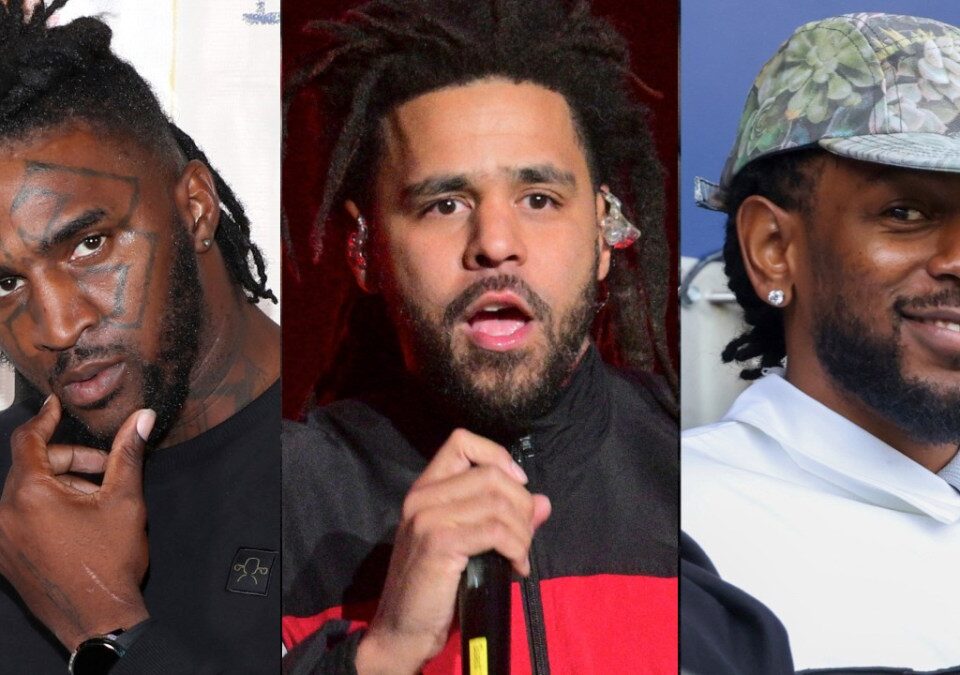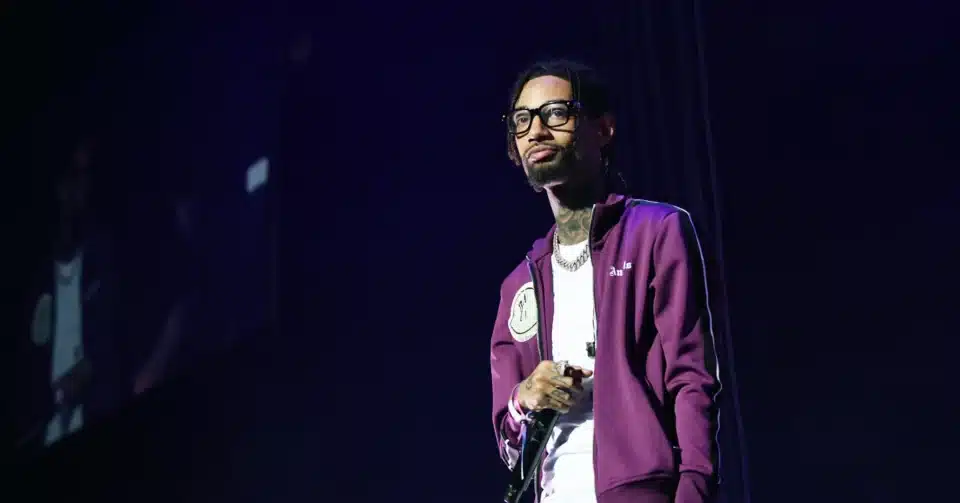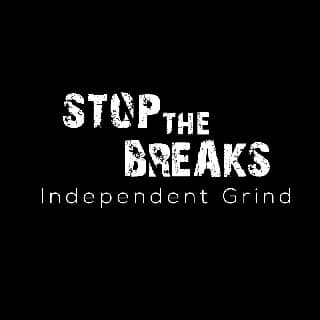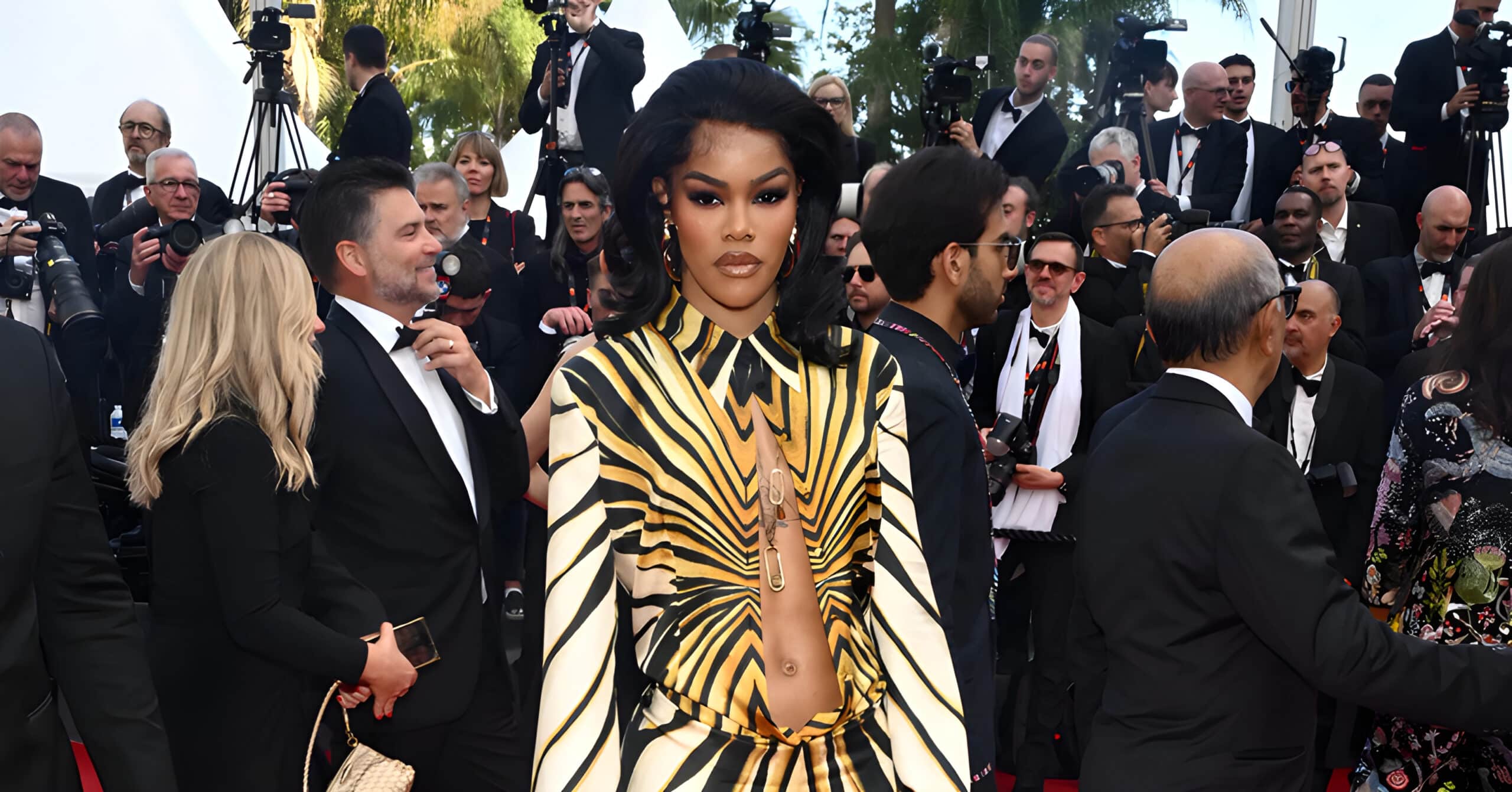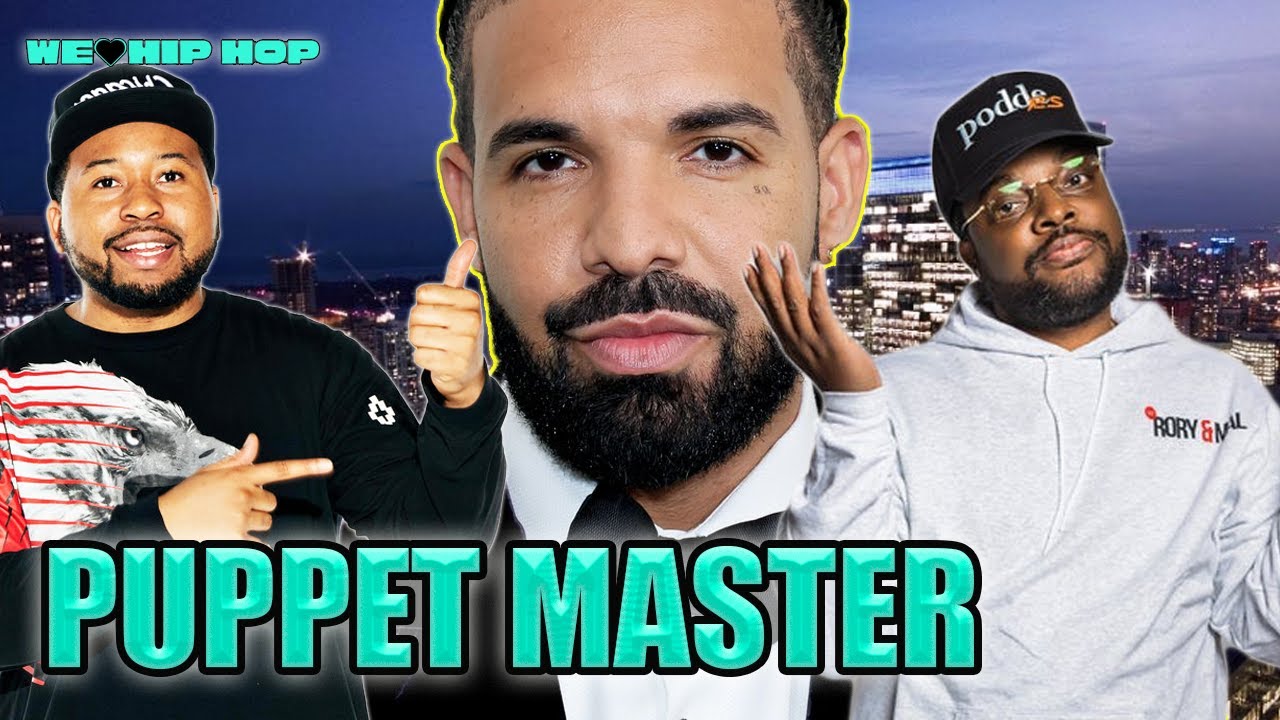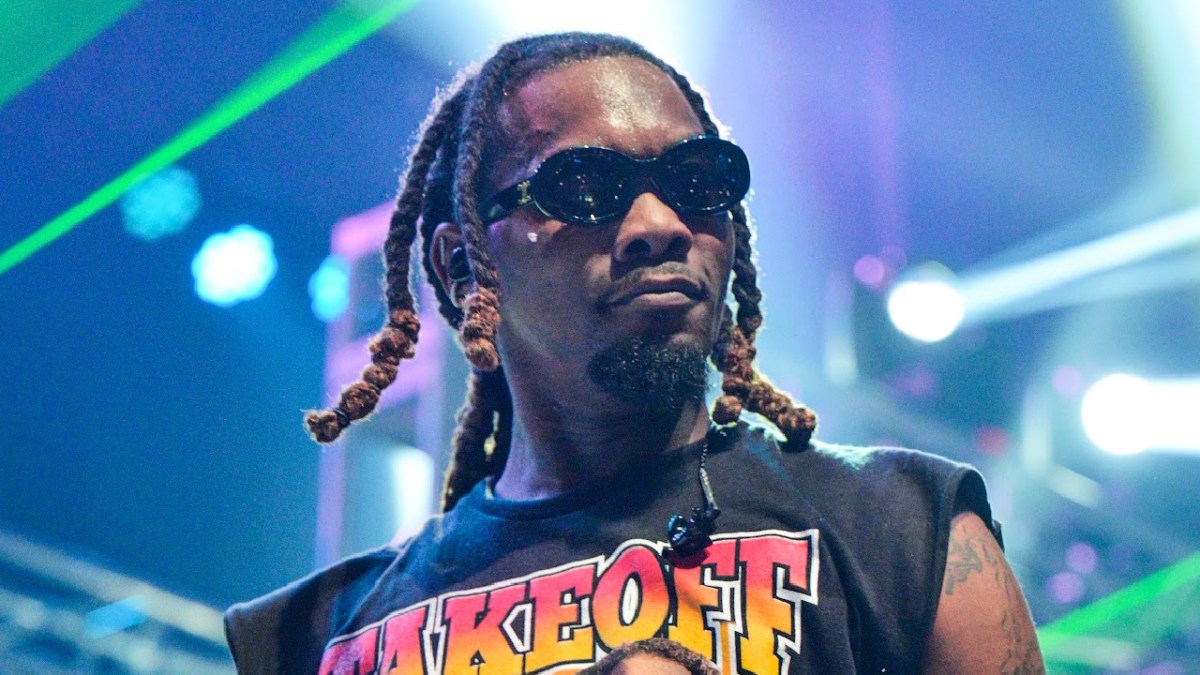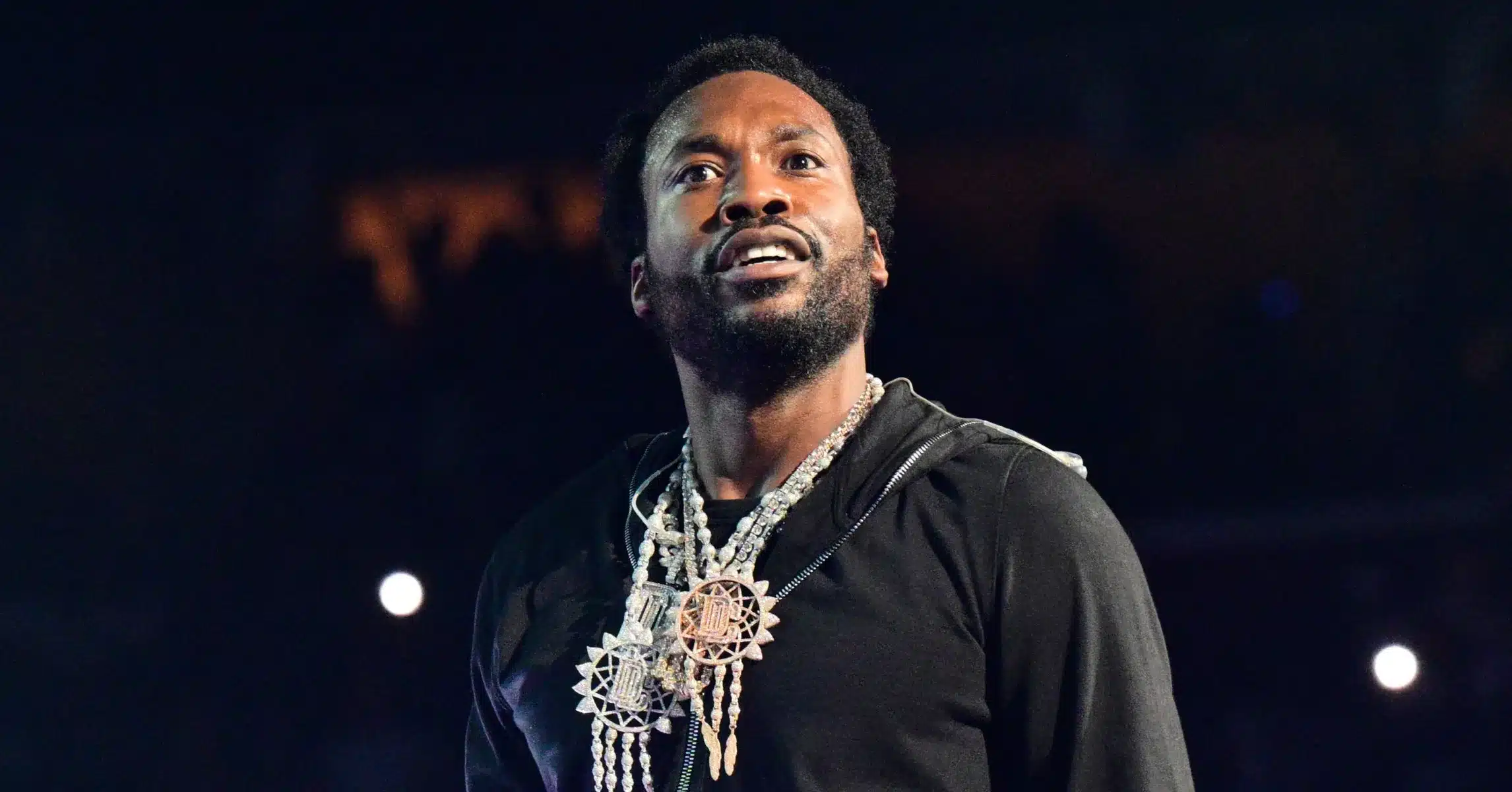In a surprising turn of events, Daylyt has shed light on J. Cole’s internal struggle after releasing a diss track aimed at Kendrick Lamar, leading to its removal.
Daylyt, appearing on a recent live stream, opened up about a conversation he had with J. Cole. The discussion took place after Cole dropped the track ‘7 Minute Drill,’ targeting Kendrick Lamar. According to Daylyt, Cole felt uneasy about the song’s release and the potential fallout on his relationship with Lamar. ‘It ain’t sitting right with me,’ Cole confided, comparing the situation to slap boxing that got out of hand.
Cole expressed regret over how things spiraled after Kendrick claimed the ‘Big three is just me.’ Reflecting on his approach, Cole admitted he might have let his emotions dictate his actions, saying, ‘I could have just kind of been a little subliminal right back.’ Daylyt supported this realization, advising Cole to get rid of the negative energy that the diss track brought, emphasizing, ‘If it’s not sitting right, then it’s up for it.’
Despite not being afraid to rap, the situation clearly bothered Cole, as Daylyt noted. Ultimately, Cole retracted the diss track the next day. Daylyt praised him for his decision, acknowledging the courage it took.
Cole later addressed the brief conflict in his song ‘Port Antonio,’ defending his choice to withdraw from the beef. The lyrics reflect Cole’s concern over the path the feud was taking: ‘I wouldn’t have lost a battle, dawg, I woulda lost a bro / I woulda gained a foe.’ It’s clear Cole valued his friendship with Lamar over any potential victory in their lyrical battle.
Through his lyrics, Cole also highlighted the manipulative nature of online feuds, referencing the drama between Kendrick and Drake. He criticized the lengths artists go to win public favor, pointing out, ‘Jermaine is no king if that means I gotta dig up dirt.’
This candid revelation through song also suggested regrets from both Kendrick and Drake in their past diss tracks. Cole seemed to acknowledge the impulsive actions driven by the desire to maintain their legacies, adding another layer to the complex narrative of hip-hop rivalries.
Daylyt’s insights into J. Cole’s reflections reveal a nuanced understanding of the dynamics at play when artists engage in public feuds. Instead of adding fuel to the fire, Cole’s actions underscore the importance of introspection and valuing personal relationships, even in the fiercely competitive world of hip-hop.
